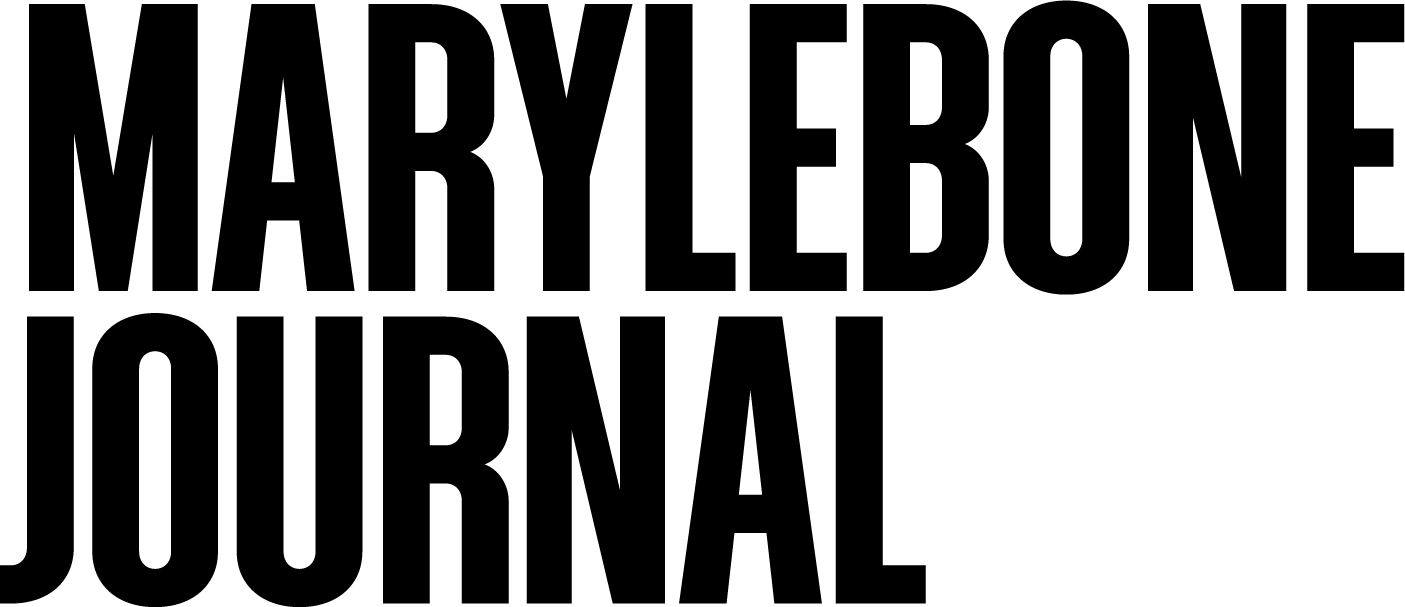FOOD PHILOSOPHY
Igor Tymchyshyn, chef patron at Orrery, on his relationship with food
Interview: Ellie Costigan
1. My father was a PE teacher and he had a big influence on my life. I went to a sports university, and sport became my profession; cooking was my hobby. If I wasn’t training, I was eating, or cooking to eat. But then a lot of things changed and everything flipped over: cooking became my profession, sport became my hobby. And that is where I am now.
2. My grandma was a really good cook. My mum is a very good cook. Seeing them cooking every single day, I started picking it up. I watched how they did it—because I wanted to be able to eat the way I liked.
3. The thing that shocked me coming to London was going to the supermarkets and seeing all the fruit and vegetables just there on the shelf for you. And they don’t taste even close to how they should taste.
4. I have been through a lot of strawberries—expensive, cheap, it makes no difference—and they are never going to taste as good as the strawberries my grandma grew in her garden. They were organic, natural, without any additives. Just straight out of the sunlight. Looked after properly.
Igor Tymchyshyn
5. At Orrery we concentrate on seasonality. As soon as an item becomes available, I like to cook it and eat it myself to see what it tastes like. What is it about? Do I like it? Do I want to eat that? If I do, I will pass it on to the customer. I don’t want to give them something I am not happy with.
6. The food industry has become focused on one thing: business. Mass production. It’s depressing. We are sacrificing so much in terms of quality.
7. Our menu is based on classical French cuisine, but with a modern interpretation. It’s the same ingredients, with maybe a different technique. The way I see a dish will not be the same as the way you see a dish—it’s about having a good imagination and making it look presentable without losing the main thing: the taste.
8. Most of our customers have the cheese plate—when you see the trolley, there is no way you will say no! The majority of our cheeses are French, but there are lots of good cheeses around—English, Spanish, Italian—I don’t see why we can’t have those on the trolley, too.
9. As chef patron, I am involved on the floor, with the way food gets served, the way service runs. I work closely with the manager here—we have done for 12 years. We are a really good team and understand customers’ expectations.
10. Easily 50 per cent of our customers are regulars. Since we reopened last year, we’ve seen lots of new people coming in—who have then become regular customers. We are busy like never before.
11. Consistency is very important. For the past 11 years that is what we have been working for—to make sure the customer understands that what Orrery is about today isn’t going to change, tomorrow, next month or in two years. You will be looked after. Everything is going to be at the level you expect it to be.
12. Where I grew up, we grew all our vegetables. We had a big garden with trees—apples, pears, plums. In the summer it was essential to preserve the vegetables and fruits for winter. You get used to being around food all the time: one minute you’re growing and looking after it, the next minute cooking. That had a big impact on me.
13. Three months after I came to England, I started working at Jean-Christophe Novelli. He said, “What do you want to do?” And I said, “I want to go to college and study cooking properly.” He said, “No. This is the college.” And that was it. It was the hardest I have ever worked, physically and mentally. But in three years I learnt more than some people learn in 10. Working there and under Marco Pierre White at Mirabelle created who I am. Sometimes people like me, sometimes they don’t like me, but I cannot change. I am who I am.


